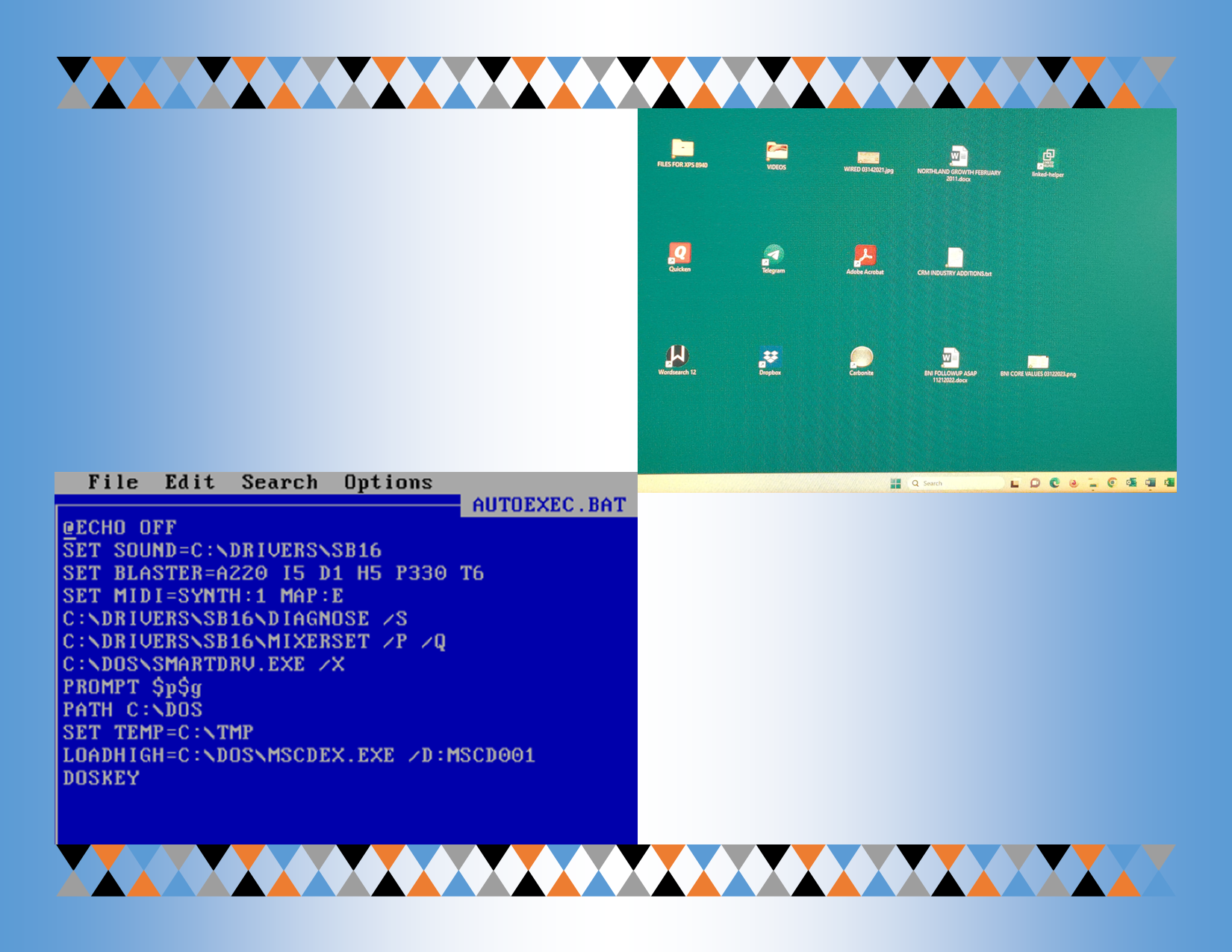TEN FOR FOUR IS A GOOD DEAL
Although never a guarantee, the numbers reveal that the more formal education you achieve, the less likely you are to be unemployed. You can read the significant evidence published by the Bureau of Labor Statistics. If that isn’t a good enough reason to earn a degree, the Journal of the American Medical Association published research earlier this year citing that a 25-year-old who earned a college degree will typically live ten years longer than a 25-year-old who never finished high school (Ben Steverman, “Retirement’s Scariest Question: How Long?” Bloomberg Businessweek , 11/7/16–11/13/16, p. 51).
Data can unintentionally be interpreted to say many things. Some of those things might be right and some might be wrong. In this case, I don’t think we are saying that higher education all by itself makes you live longer. However, here are aspects about higher education to consider:
- People who commit to earning a college degree have an inner sense of drive that carries over to other aspects of their lives, including health and wellness. Perhaps many of these folks that gain that extra decade arrive there partially because of a personal drive for excellence. The cumulative effect of innumerable positive individual choices could be longevity.
- People who earn a college degree often find their lives enhanced in a variety of ways. Perhaps many of these folks gain that extra decade simply because their quality of life is enhanced, rendering them less prone to debilitating illnesses and ailments.
- People who earn a college degree enhance their self-worth. Having a positive self-perception is a great inoculation against poor lifestyle choices. Perhaps that enhanced self-worth predisposes those persons to avoiding addictions, risky lifestyles, and criminal activity.
Keep in mind that generalizations do not apply to everyone. I know plenty of college graduates that died very young. However, the fact remains overall, higher education tends to be associated with improved health and longevity. Therefore, wherever you see the opportunity within yourself or others, let’s encourage higher education engagement. Ten for four is a good deal any day.











